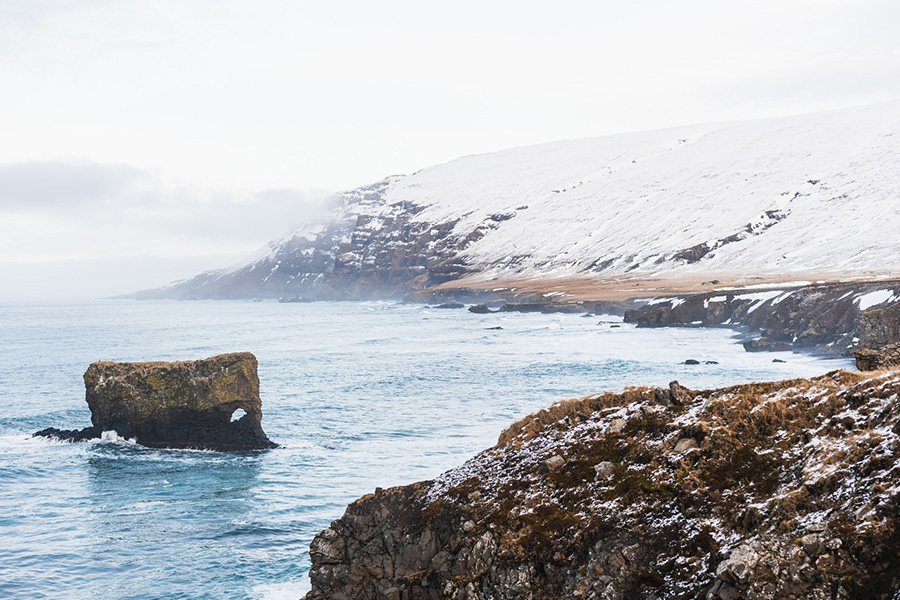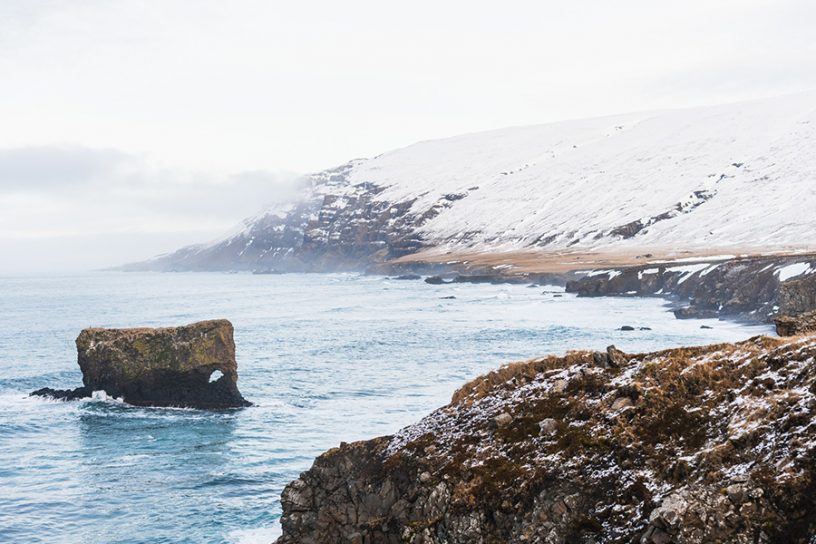
It is identified that Arctic can be a potential future conflict zone, given its geopolitical complexities and abundance of energy resources.
Authors
A Thangaraj, Jindal School of International Affairs, O.P. Jindal Global University, Sonipat, Haryana, India.
Abhiroop Chowdhury, Professor, Jindal School of Environment and Sustainability, O.P. Jindal Global University, Sonipat, Haryana, India
Summary
In view of climate change’s effects across the world and the present global escalation of conflicts it is important to assess potential future conflict zones in order to pre-emptively place measures to avoid damage and loss of life.
It is identified that Arctic can be a potential future conflict zone, given its geopolitical complexities and abundance of energy resources. One of the several precursors of conflict at present is the rapid militarization of the region.
Recent geopolitical instability due to Russian invasion on Ukraine and resulting sanction on Russia can accelerate the energy extraction process at Arctic’s, if Russia wants to compensate its EU energy markets by connecting with hydrocarbon starved economies of East Asia.
Arctic’s biodiversity and abiotic environment is deteriorating rapidly. The recommendations thus put forth advocate for stronger cooperation between Arctic states as well as pushing for the ratification of international law specific to the Arctic region.
Published in: IOP Conference Series: Earth and Environmental Science
To read the full article, please click here.


